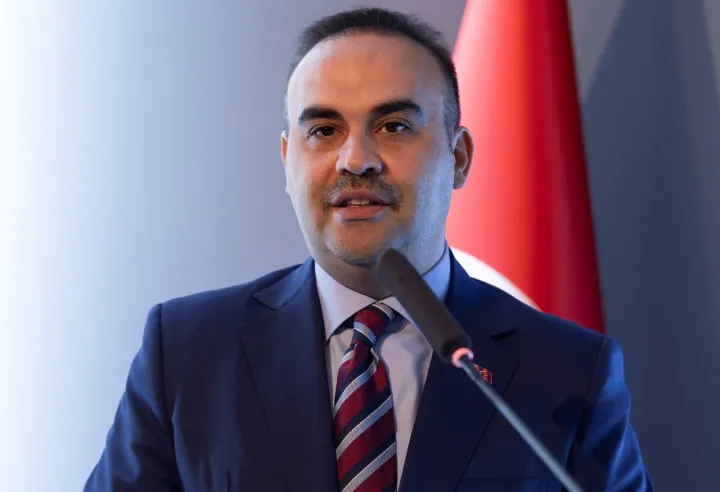In downtown Tunis, dozens of customers stand in a long queue snaking out of a supermarket to buy sugar, essential for the end of Ramadan celebrations eight days away.
The key ingredient for traditional sweets served to mark the end of the Muslim holy month is now being rationed to one to two kilogrammes per customer per week.
"I never thought that one day we would form a queue in Tunisia to buy sugar," fifty-eight-year-old Lamia Bouraoui said.
Like other basic foodstuffs in Tunisia, sugar is subsidised by the state.
'Deprived of pleasure'
But the dearth of funds in the North African country's public coffers has made it and other culinary essentials like flour and semolina scarce since late 2022.
For the Eid al-Fitr holiday marking the end of Ramadan, families throughout North Africa make copious amounts of sweets and pastries that often last for days.
Without enough sugar, "we are deprived this year of this pleasure," added Bouraoui.
Some, like Sami, 40, queue for sugar accompanied by family members to increase the rations his family can enjoy.
'Can't do anything'
"One day we queue for flour, another for semolina and another for sugar," he said.
The shortage has also dealt a blow to bakeries.
"We rely on sugar in everything we do," Chokri Bouajila, a bakery worker in Tunis, told AFP.
"If we have sugar, we can work, otherwise we can't do anything."
Public debt
Bouajila, who specialises in Tunisian traditional sweets, said customers have been buying less and less of his pastries.
Over the past few years, Tunisians have seen their purchasing power greatly diminish thanks to inflation, a recession and rising unemployment.
The country of 12 million people is grappling with debt worth about 80% of its entire economic output, and inflation averaging between 8 to 10% a year.
A third of its population is estimated to be living under the poverty line.
'How did we get here?'
At the shopping centre, the queue only gets longer.
"I've been here for the past 35 minutes," said 40-year-old Hassna, another customer waiting in line for sugar.
"Why are we going through all this? How did we get here?"
"Let us thank God", a man standing nearby told her, "we are in a better situation than our brothers in Gaza who are dying of hunger."
'Bitter coffee'
Nonetheless, others hope to make the best of the country's latest challenge.
Nayla, a shopper making her way around the mall, said she would rather change her habits than get in line for sugar, pointing out that it was hardly the healthiest ingredient.
"Bitter coffee doesn't bother me anymore," she said.
➤Click here to follow our WhatsApp channel for more stories.
























